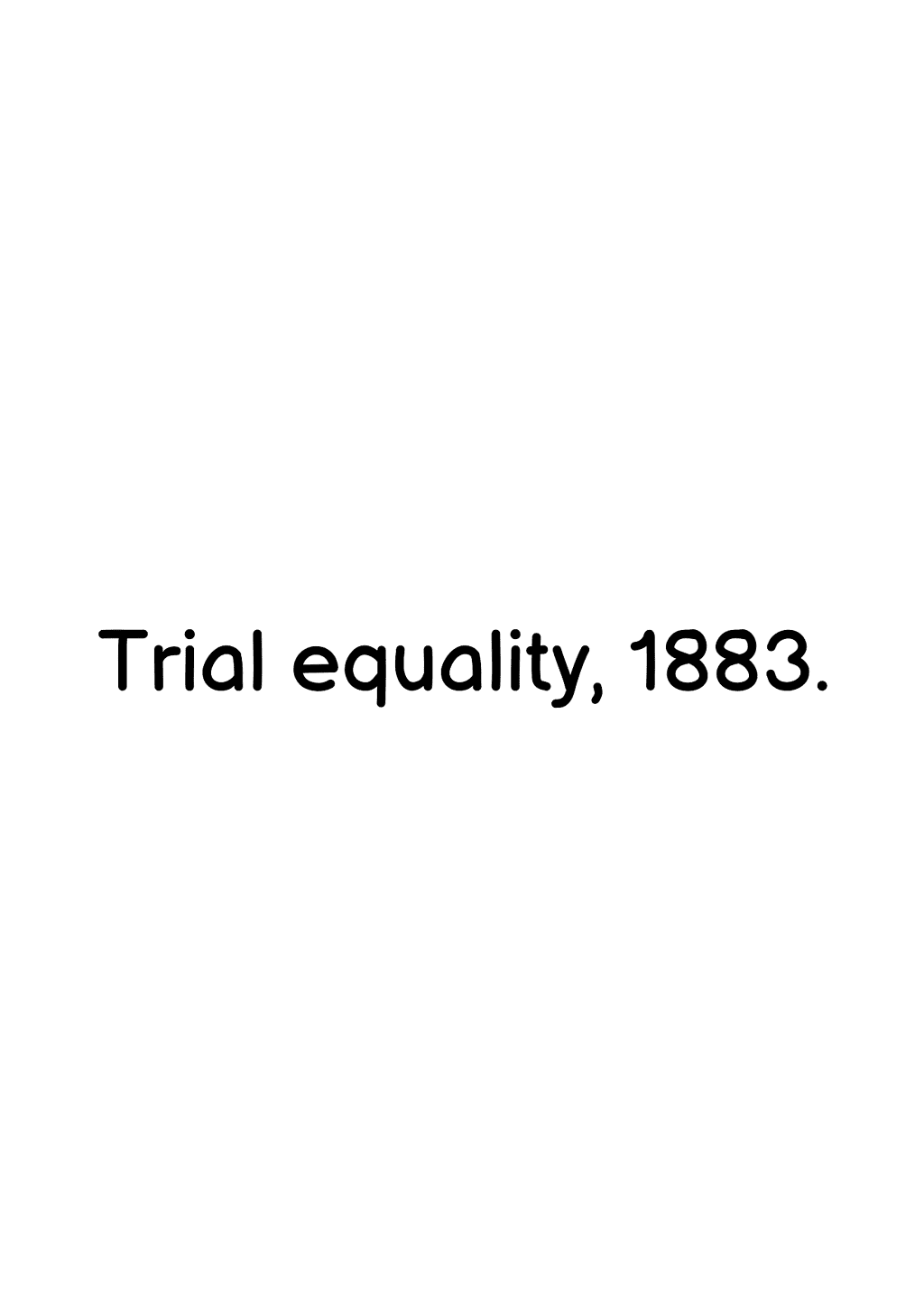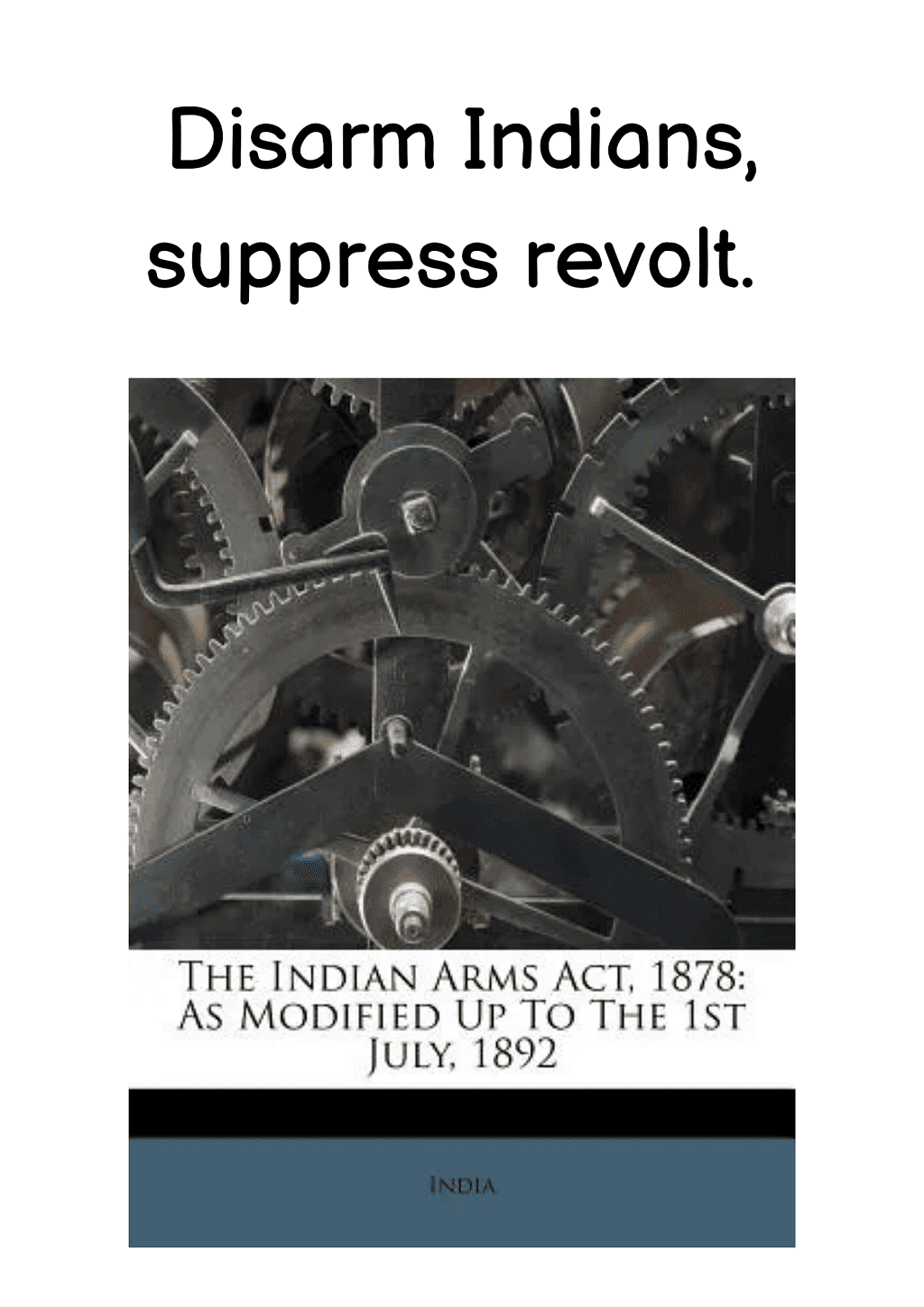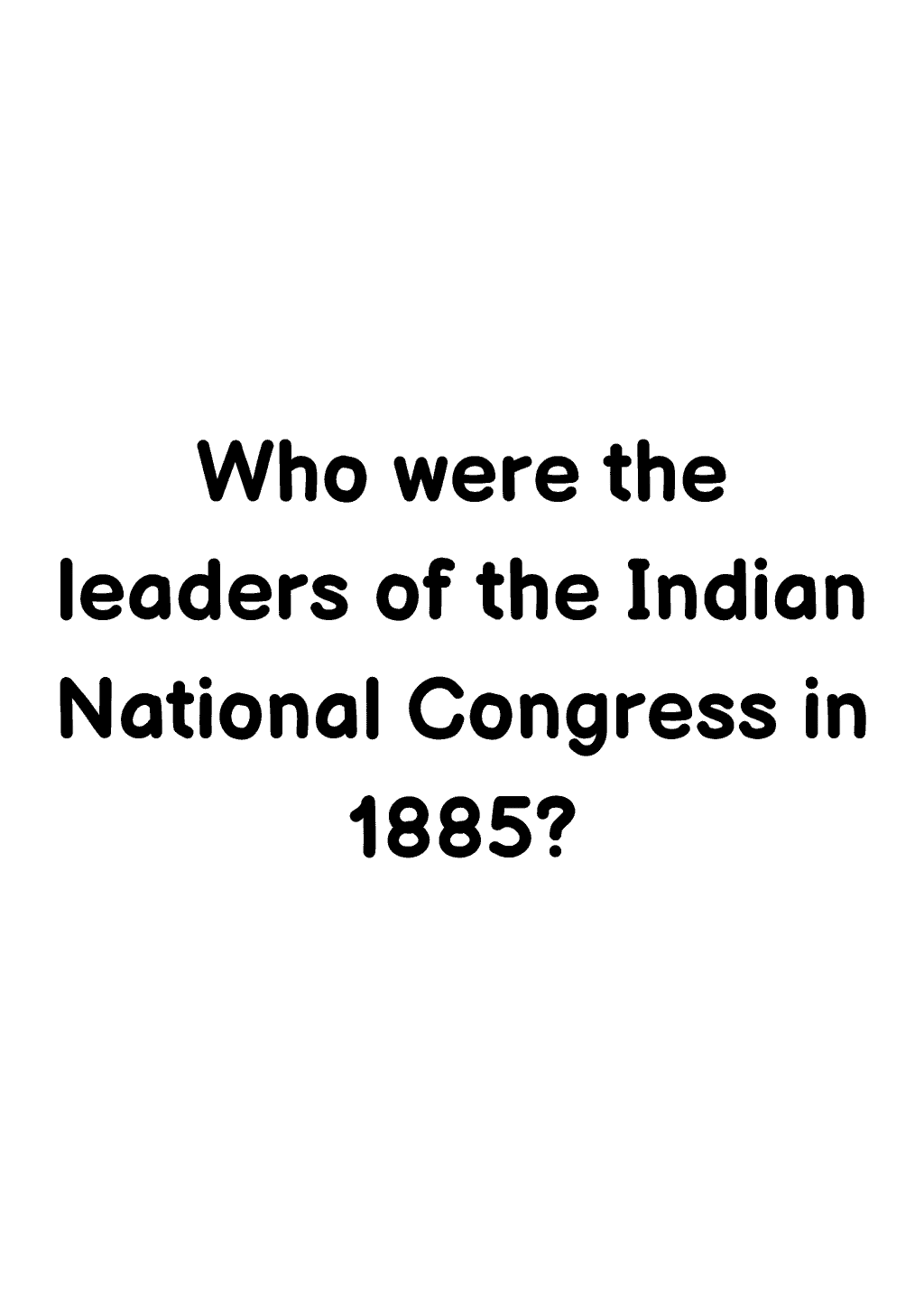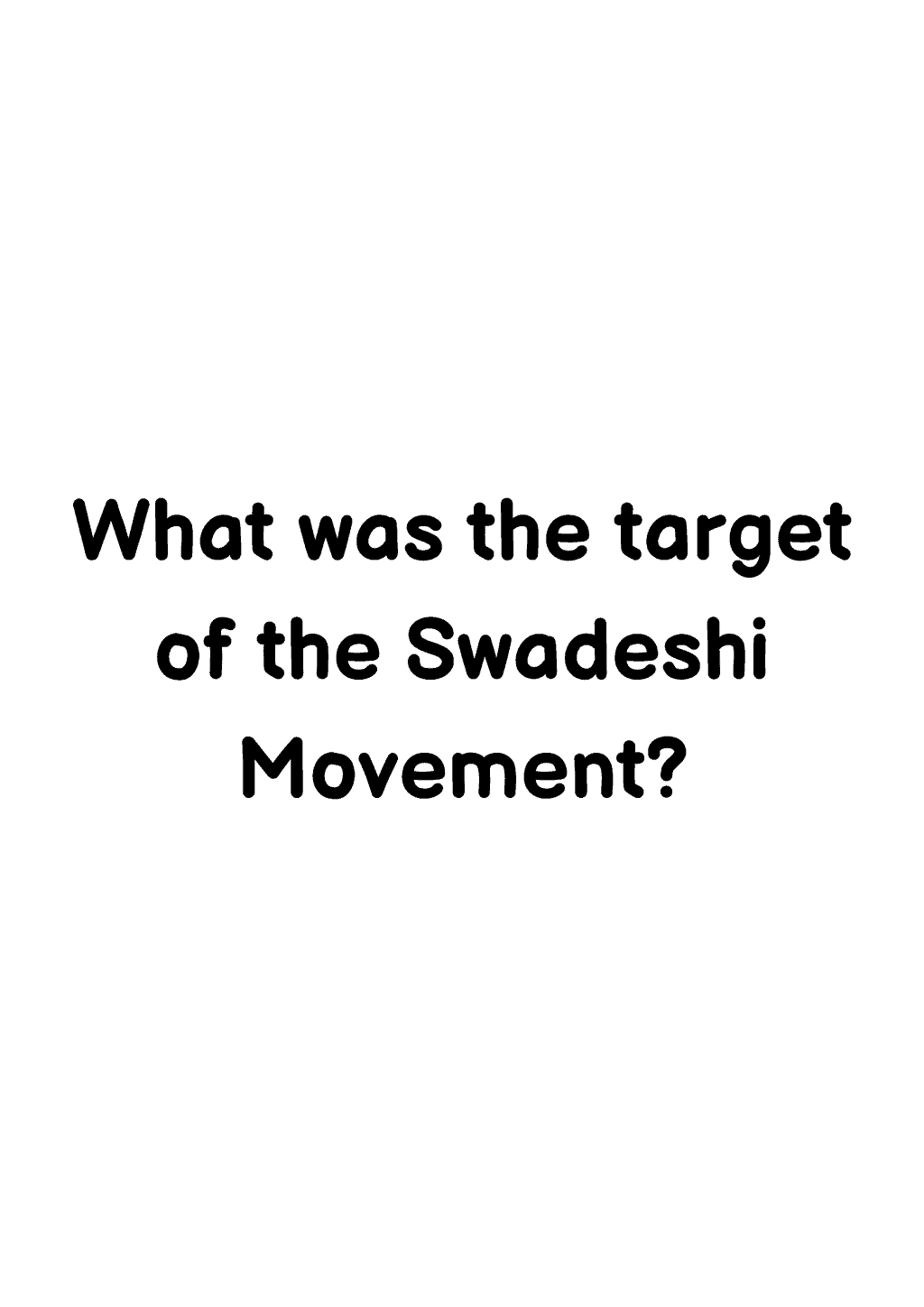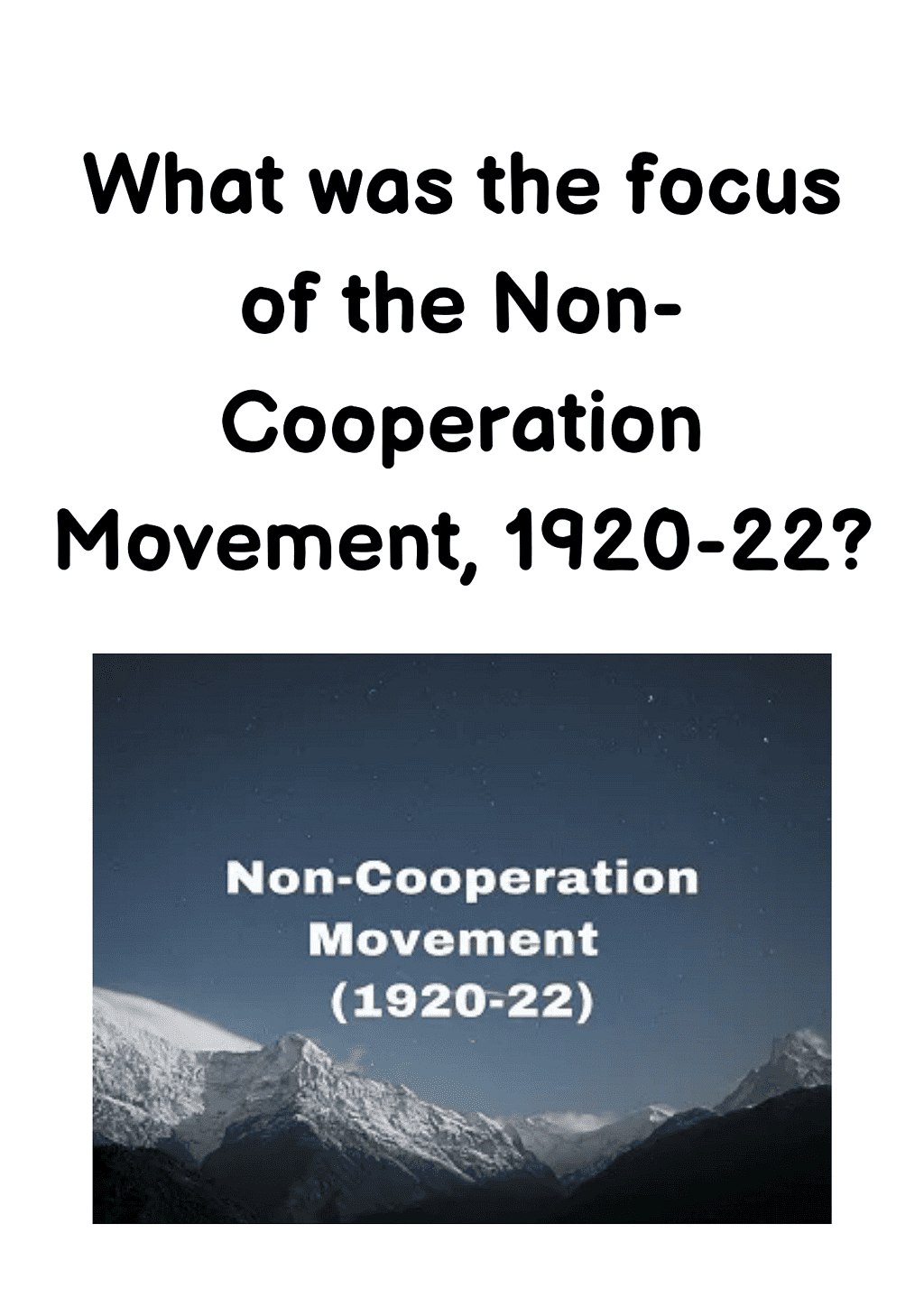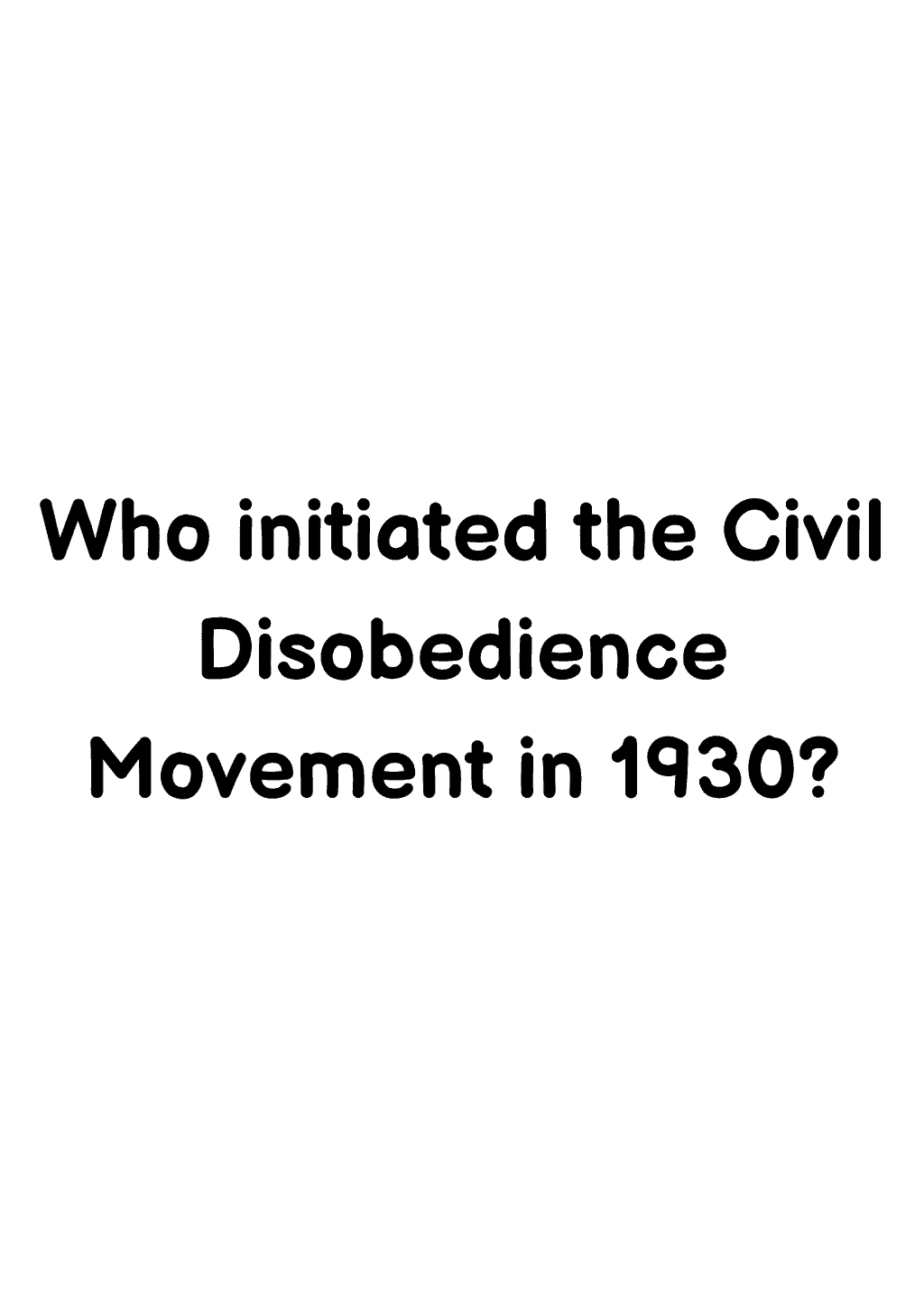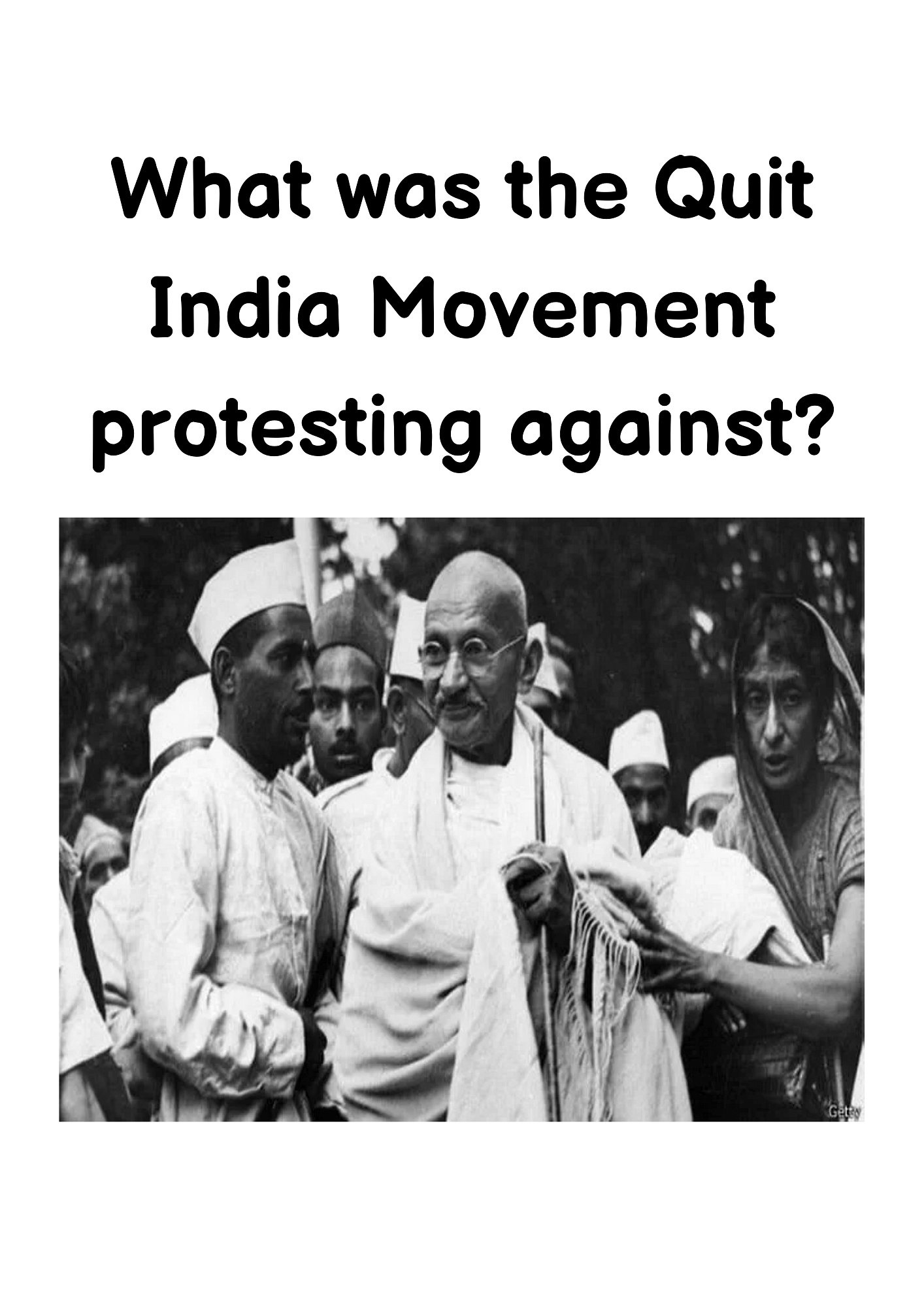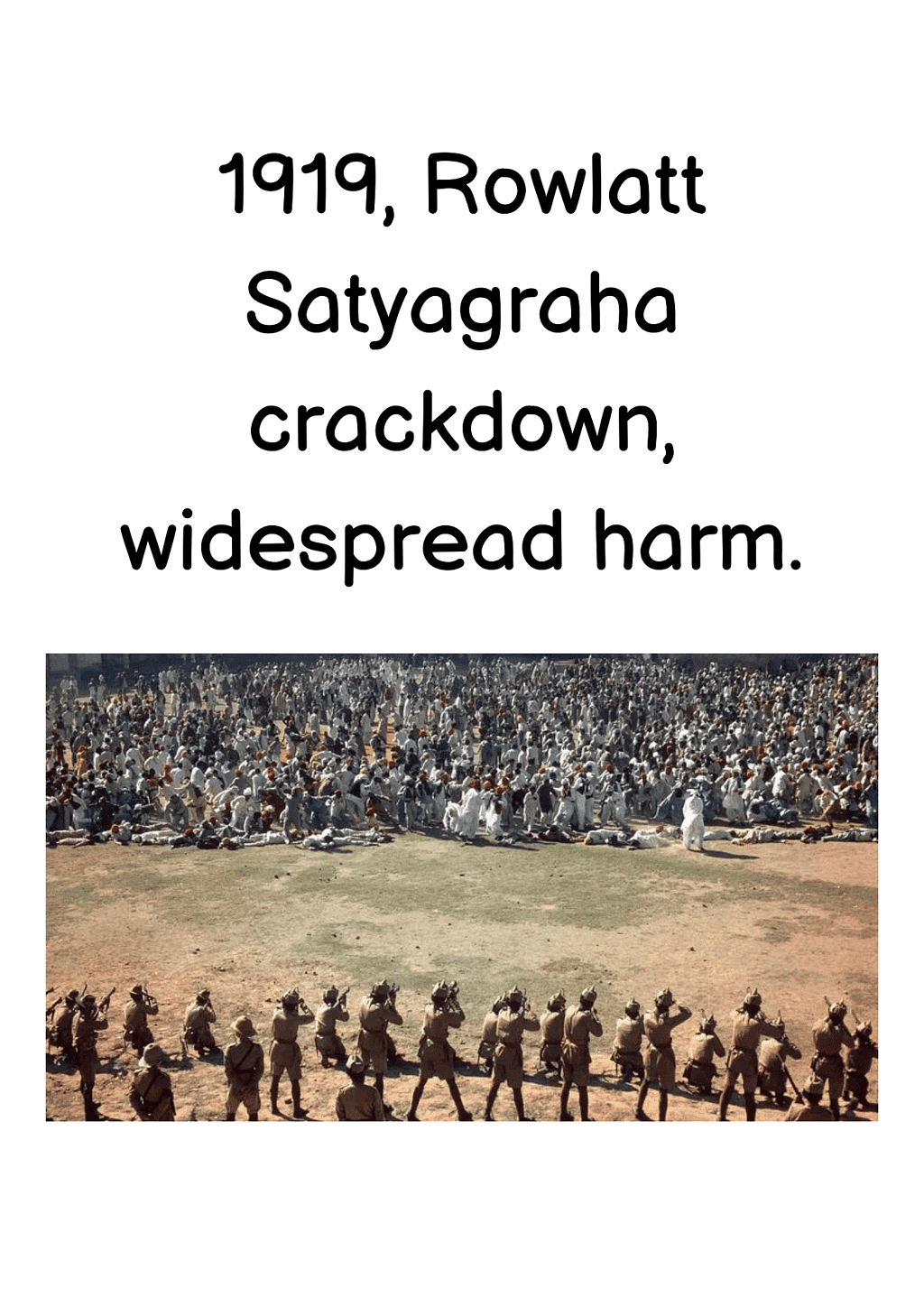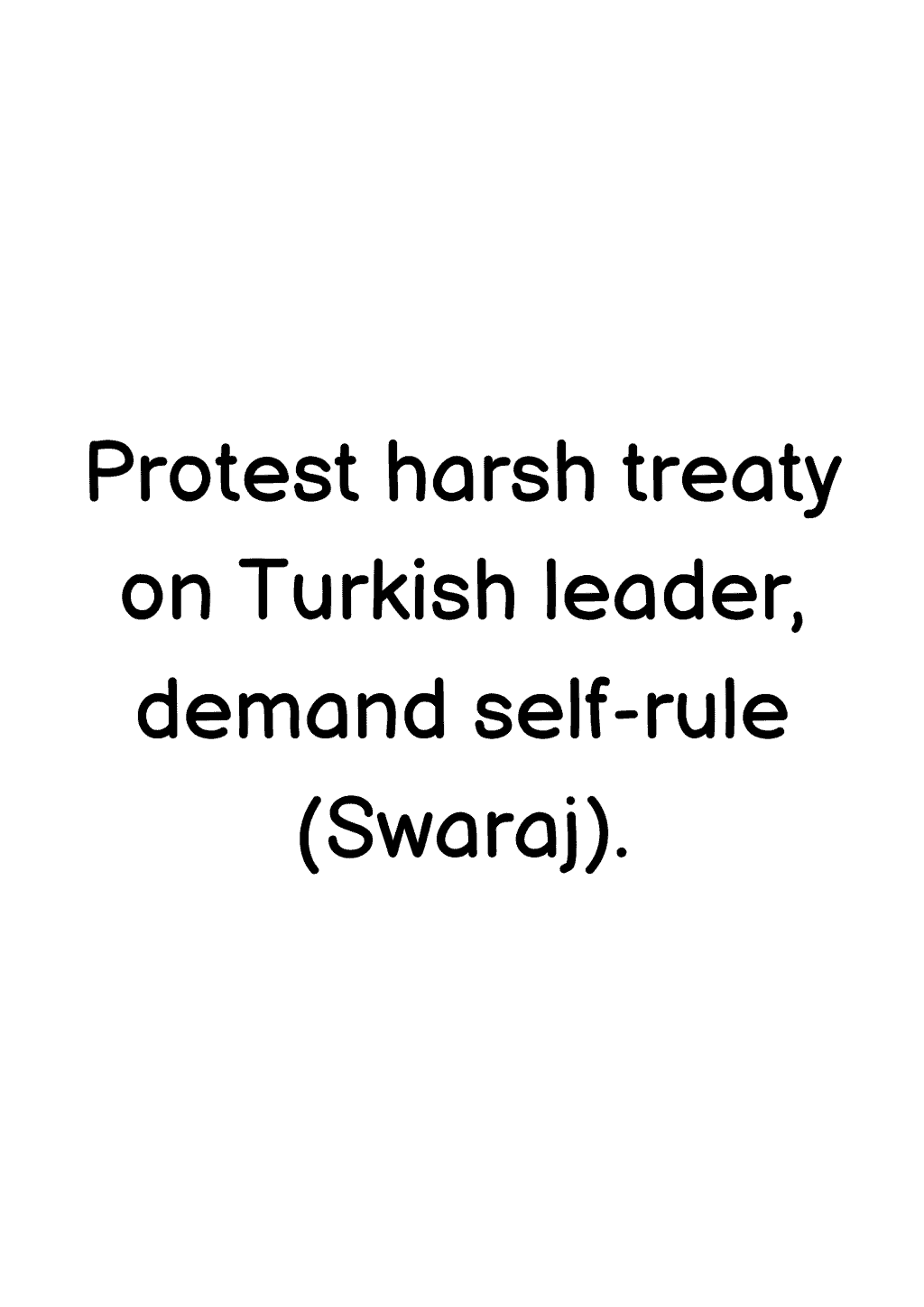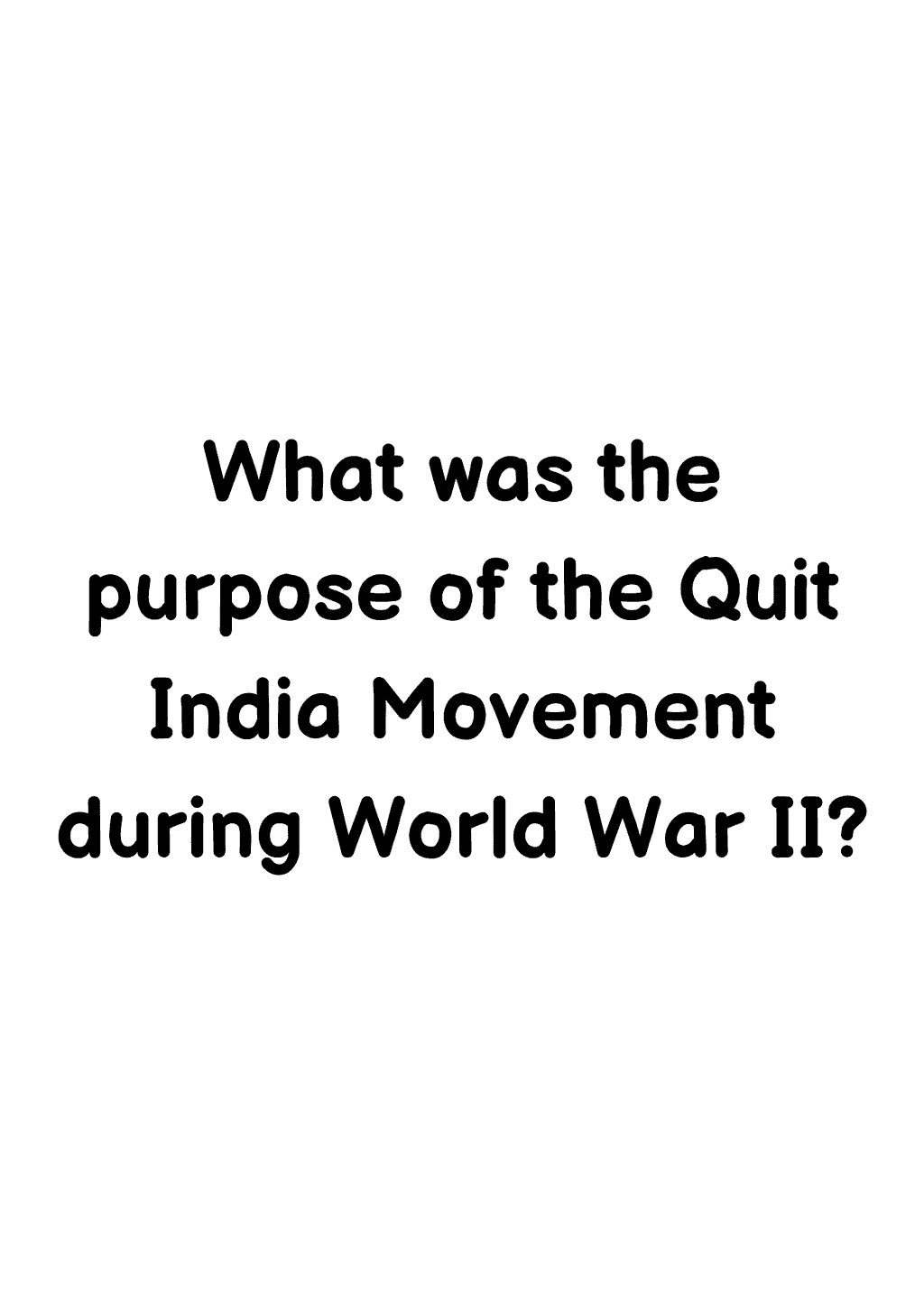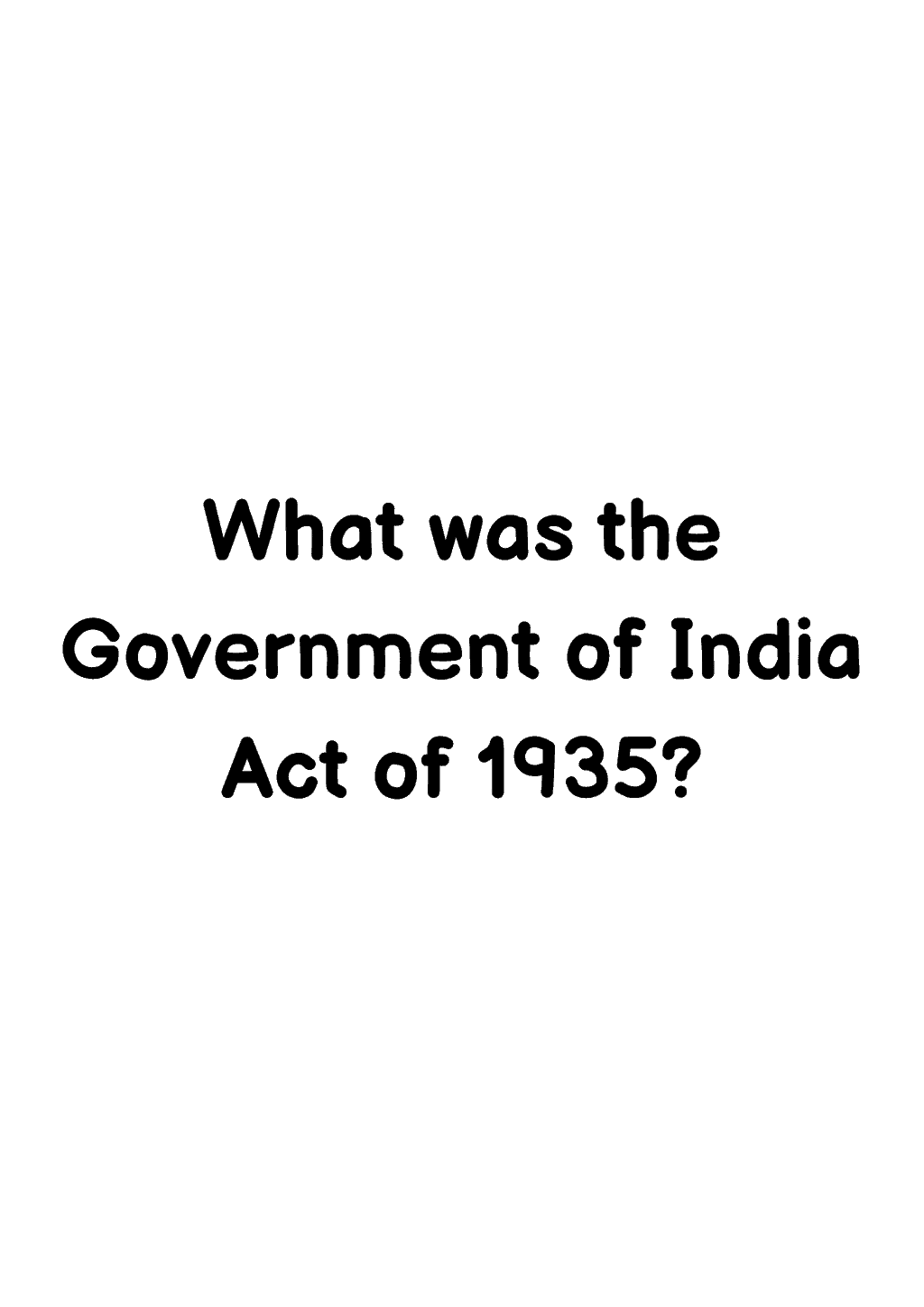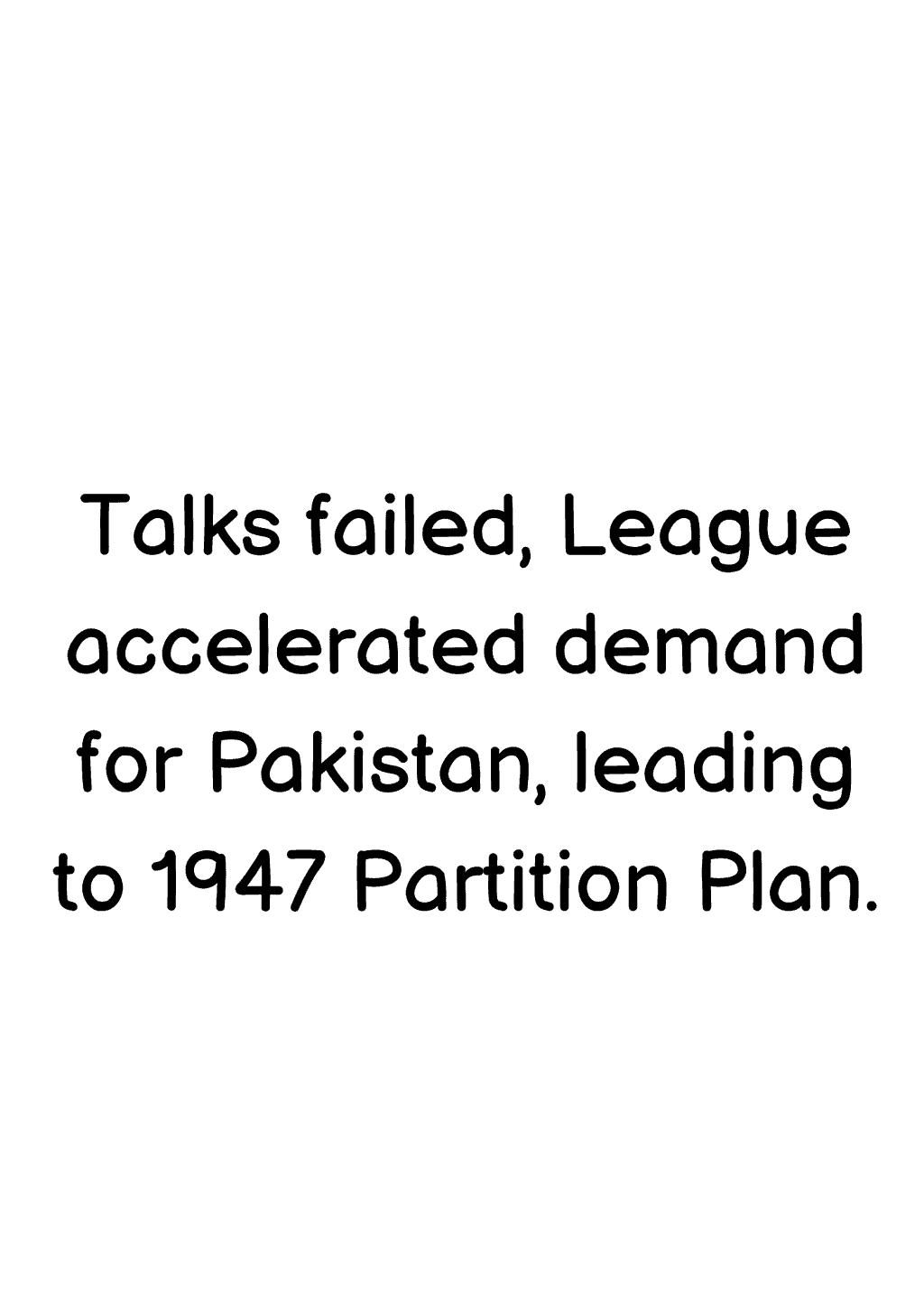Class 8 Exam > Social Studies (SST) Class 8 > The Making of National Movement : 1870s-1947
|
65 videos|424 docs|46 tests
|
FAQs on The Making of National Movement : 1870s-1947 Video Lecture - Social Studies (SST) Class 8
| 1. What were the main factors that led to the rise of the national movement in India? |  |
Ans. The main factors that led to the rise of the national movement in India were the impact of British colonial rule, the spread of education and awareness, the influence of Western political ideas, the economic exploitation of India, and the desire for self-rule and independence.
| 2. How did the Indian National Congress contribute to the national movement? |  |
Ans. The Indian National Congress played a crucial role in the national movement by providing a platform for Indians to voice their grievances against British rule and to demand political and social reforms. It organized mass movements, protests, and campaigns, and served as a unifying force for various regional and religious groups in India.
| 3. What were the major milestones in the national movement from the 1870s to 1947? |  |
Ans. The major milestones in the national movement from the 1870s to 1947 include the formation of the Indian National Congress in 1885, the partition of Bengal in 1905 and subsequent Swadeshi movement, the Non-Cooperation Movement in the 1920s, the Civil Disobedience Movement led by Mahatma Gandhi, the Quit India Movement in 1942, and finally, India's independence in 1947.
| 4. How did Mahatma Gandhi's leadership impact the national movement? |  |
Ans. Mahatma Gandhi's leadership had a profound impact on the national movement. His philosophy of non-violence and civil disobedience inspired millions of Indians to join the struggle for independence. His emphasis on self-reliance, simplicity, and truth resonated with people across different social and economic backgrounds, making the movement more inclusive and powerful.
| 5. What role did women play in the national movement? |  |
Ans. Women played a significant role in the national movement. They actively participated in protests, boycotts, and satyagrahas, and also contributed to the movement by organizing women's organizations and initiating social reforms. Prominent women leaders like Sarojini Naidu, Annie Besant, and Kamaladevi Chattopadhyay played a crucial role in mobilizing women and advocating for their rights. The national movement provided a platform for women to challenge social norms and fight for gender equality.
|
65 videos|424 docs|46 tests
|
Related Searches





